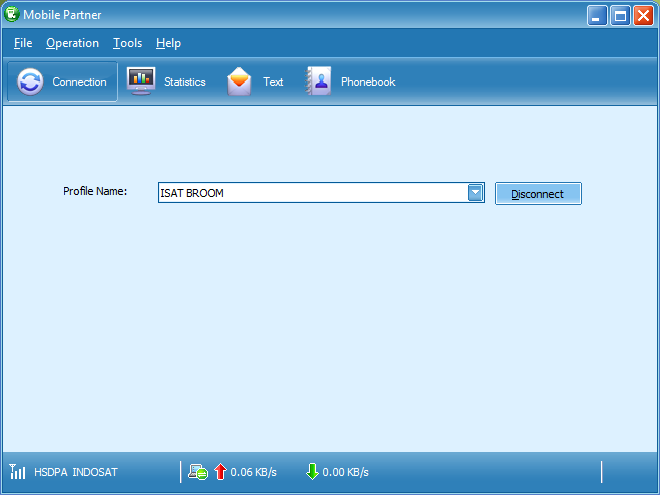Download Driver Modem Speedup Untuk Windows 8
Over the last several years working in IT for various companies as a Systems Administrator, a Network Administrator, and a Help Desk professional, I’ve written and learned about many ways to increase the performance of not only my PC, but also of the many PCs on my networks ranging from Windows 98 to Windows 10. In this article, I hope to compile a huge list of all the different methods and tricks that I’ve used to get the last bit of juice out of a slow PC. Whether you are using an old PC or the latest and greatest in hardware, you can still use some of these tips to make your PC run faster. Note that since I write two blogs, Help Desk Geek and Online Tech Tips, I have previously written about many performance tips already which I will link back to throughout. If I have not written about it, I’ve throw in a link to a relevant article from some of my other favorite sites.
Mar 08, 2014 Gan saya mau tanya kenapa modem SpeedUp Lifestyle saya tidak bisa terdetek di Windows 8.1 32-bit (ASUS A44H) padahal dulu waktu masih Windows 8 masih bisa dan lancar Pada di Windows 8.1 Mobility Center dinyatakan compatible tolong gan solusinya gan saya bingung. #Terimakasih Edited: Gunakan prefix [Ask] untuk bertanya dan ubah menjadi.
This list is in no particular order, just written in the order that I could think of them. There are probably a lot of great tweaks and performance hacks that I’ve missed here, so feel free to chime in with comments! Speed Up Your PC List 1. Using built-in Windows tools or third-party programs. You should also if you’re running Windows XP still. Being taken up by temporary files, the recycle bin, hibernation files and more.
You can also use a tool like to determine what is taking up space on your hard drive. Load up Windows faster by using, a free program that will speed up the boot time of Windows by delaying the startup of programs.
Speaking of startup programs, many of them are useless and can be turned off. By default, the size of the paging file is controlled by Windows, which can cause fragmentation. Also, the paging file should be on a different hard drive or partition than the boot partition. Read here for the rules on. In Windows, by default, the Windows Search indexing service is turned on for all local hard drives. Is a simple way to increase performance. If you don’t care about all the fancy, you can turn them off by going to Performance Options.
You can using a variety of techniques including updating your BIOS or disabling unnecessary hardware. Clean your registry by removing broken shortcuts, missing shared DLLs, invalid paths, invalid installer references and more. Read about the that I actually recommend. One of the main reasons why PC’s are slow is because of spyware.
Here is my list of the out there. If you have a deeper spyware infection like a rootkit that is very hard to remove, you might need to. (aka junk software) from your new PC using PC Decrapifier. That slow down your computer. And settings using free programs. (User Account Control) in Windows if you’re an advanced user. So that you can copy and paste faster, scroll faster, navigate quickly while browsing and more.
On your computer using a free program like CCleaner. It can also fix issues with your registry. 19., temporary Internet files, and cookies to free up disk space and increase your privacy. To improve performance if you’re using Windows XP. If you’re a Firefox user, check out my. Reduce the number of on startup.
Is your computer slow to shutdown or? Read the article for fixes. By forcing Windows to use a wired connection over a wireless connection.
Only if you regularly backup your Windows machine using third party software. So that it is on a separate partition or hard drive. Troubleshoot a in Windows. Speaking of right-click context menus, you can also and remove unnecessary items to increase display speed. Is your Internet running a little slow too?
Here are some tips to also. In addition, a slow Internet connection could mean someone else is. Make sure no one else is using your WiFi and Internet. By upgrading an old router or modem to the latest version. Have to copy a large number of small files across the network?
Windows can be slow, so check out some. Use the Windows Performance Toolkit and the trace logs to.
By using an external DNS server such as OpenDNS or Google DNS. Improve Windows, a newer feature whereby can use the free space on your USB drive as a caching mechanism. Have a lot of tabs open in your browser window? If you have an overloaded system with tons of programs, etc., it may be a good idea to.
